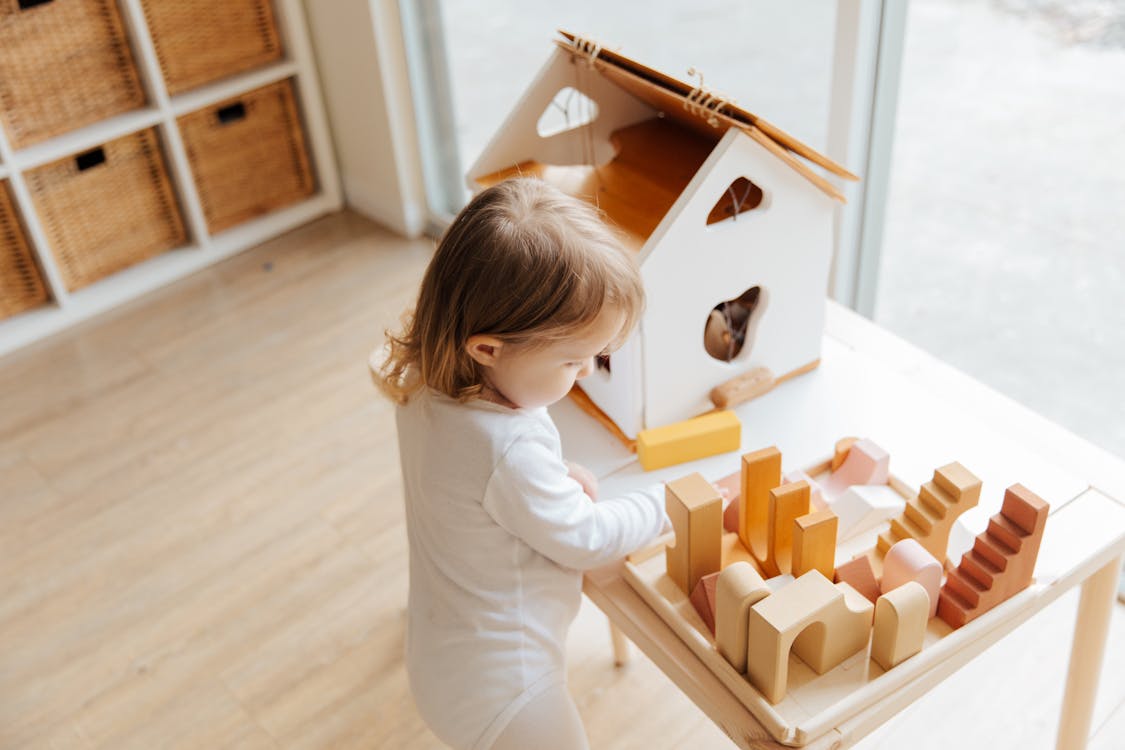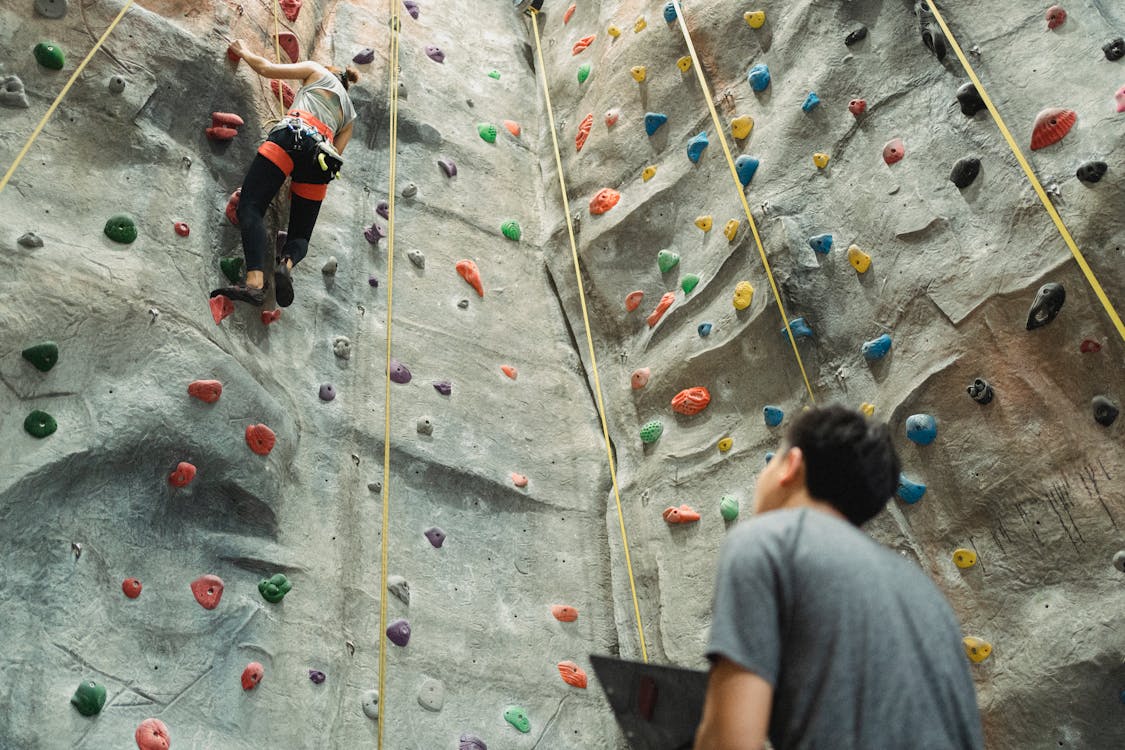Practicality has a critical role when it comes to learning and experiencing things around you, as theoretical knowledge will help you to understand the concept, but the realistic understanding can be enhanced only by practical experiences and learning. Students in older days always preferred to do in-book studies because the practical experience facilities were not up to the level in those days. But nowadays, every institute and even the students prefer to learn and develop their practical knowledge in their study life. Can you just imagine someone teaching you how to play cricket or football inside the four walls of a classroom? You can’t even imagine it because it’s impossible and not at all useful for anyone. That’s why practicality plays a very great role in people’s lives.
Many of the institutes are providing practical lab facilities where students can analyze and understand the concepts to get deeper insights. Also, some of the subjects are practical-oriented and skill-based. Skill-based theoretical subjects need to be supported by practical work. Most of the subjects, like engineering and teaching, are skill-based, and for those kinds of subjects, practical knowledge is necessary and mandatory for students to learn. As per the institute case study, practical knowledge has more importance than theoretical knowledge. This is why these institutes consist of practical laboratories, projects, study tours, assignments, and many more. Learning theoretical knowledge has no meaning until students can understand and apply it to practical work.
Some key points from practical work:
Practical work breaks the monotony of the rote learning method.

Memorizing everything is not possible, and even if it were, it wouldn’t give life-long learning to the learners. But a practical explanation of the concept can be an add-on to the theoretical knowledge. It can involve and engage children more in the teaching and learning process. Active participation of students is required during practical teaching, and they don’t get any chance to get diverted except to concentrate on their learning. It leads to the perfection of knowledge.
Higher practical involvement gives higher knowledge.

No one can be an expert overnight. They need to go through various learning methodologies, practical learning being one of them. The greater the practical exposure, the greater the expertise. Students get a chance to explore new knowledge through it, which generates curiosity in them to know more about it. They keep searching for the answers to the questions that come to their mind, and this is when an abundance of knowledge takes place.
Learners are more confident.
Self-reliance and confidence levels can be achieved through practical work experience. Students get a chance to develop their learning through hands-on exposure to practical assignments. This helps them to be more confident and self-dependent. They evolve their knowledge and intelligence through such learning processes.
The points mentioned above can assist us in improving our results and achieving success in the future. As said, for students’ practical work helps to start self-learning. This enables them to understand different concepts on their own with more interest and passion. It also allows them to become more immersed in the concept they are learning or working on. Basically, it will help to get better and more real knowledge than what we get in those theoretical subjects. The only thing that remains at the end is that one must be able to achieve better with balancing between both theoretical and practical work for great results. Theoretical work and practical work are like the two sides of the same coin. Hence, both should have the same focus and importance to scale our results.
Finally, there are so many benefits to doing practical work. At the same time, theoretical knowledge also plays a great role in life, and both theoretical and practical knowledge are necessary for students to learn through.



